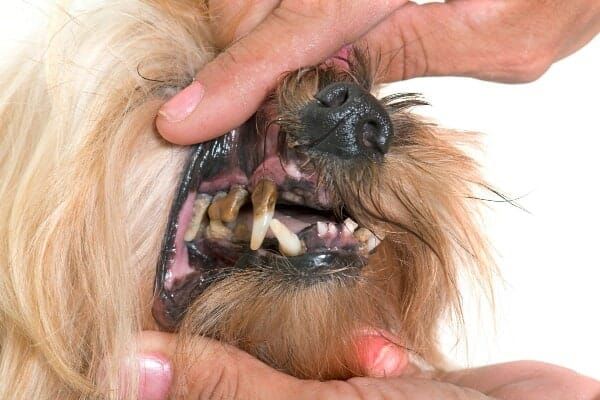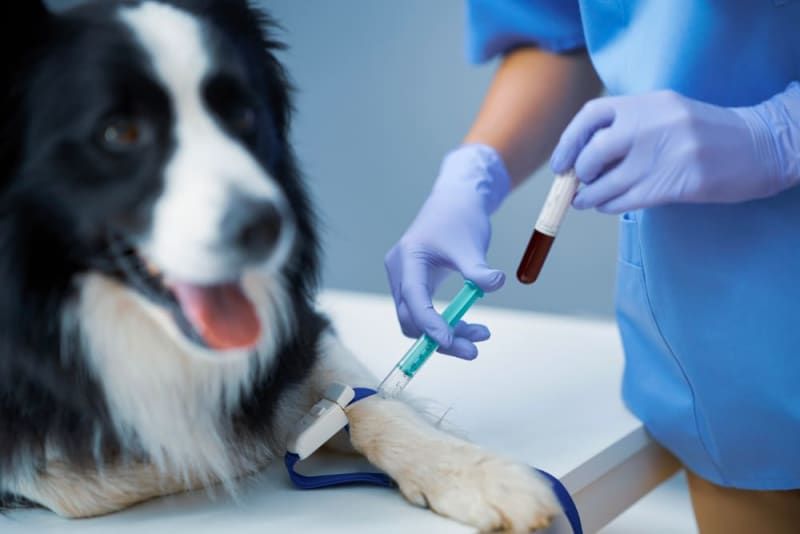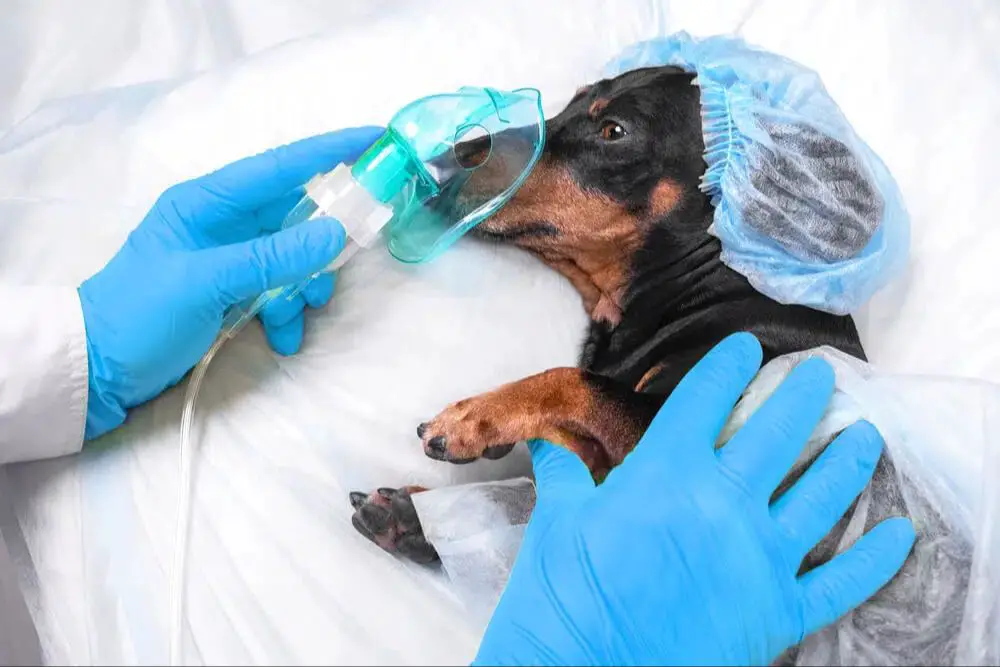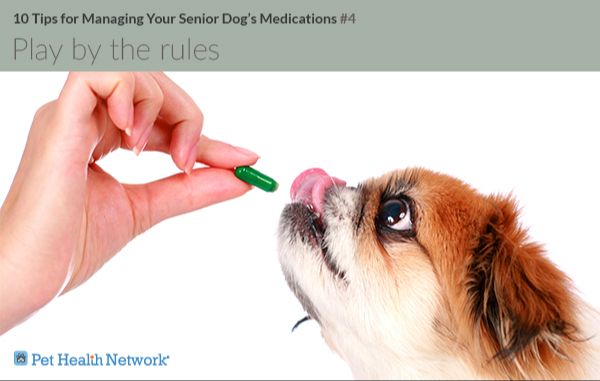Should You Let Your Older Dog Undergo Dental Surgery?
As dog owners, we want to do everything we can to keep our aging companions healthy and happy. But when health issues arise, especially as dogs near the senior years, it can be difficult to decide what’s best.
Dental disease is very common in older dogs, and often leads veterinarians to recommend a dental cleaning or surgery to remove infected teeth. Naturally this brings up worries about anesthesia and the risks of putting an older dog under. You want the best for your dog, but also don’t want to put their health and safety at risk.
Taking the time to understand the issues around canine dental surgery in senior dogs is key. We’ll provide an overview of dental disease in aging dogs, factors to consider when deciding on surgery, anesthesia protocols, the procedure itself, aftercare, and most importantly—guidance to help you make the right choice for your beloved old pup.
Overview of Dental Issues in Senior Dogs

As dogs age, they become more prone to dental problems that can impact their health and quality of life. Some of the most common dental issues seen in senior dogs include:
- Periodontal Disease – Accumulation of plaque and tartar on the teeth and gums, leading to inflammation, receding gums, and tooth loss.
- Tooth Loss – Missing or loose teeth as a result of periodontal disease, tooth fracture, or other oral health issues.
- Abscesses – Pockets of pus around the teeth and gums, caused by advanced periodontal disease.
- Oral Tumors – Both malignant and benign tumors in the mouth become more common in older dogs.
- Fractured Teeth – Teeth become more brittle and prone to cracking or chipping with age.
If left untreated, these dental problems can lead to significant health consequences for senior dogs including:
- Tooth root abscesses
- Oral pain and discomfort
- Difficulty eating and loss of appetite
- Weight loss
- Spread of bacteria from the mouth to other organs
- Damage to tissues and bones surrounding teeth
- Respiratory tract infections if bacteria enter the lungs
Therefore, it’s important for pet owners to monitor their senior dog’s oral health and have any necessary dental work performed to avoid these complications.
Considerations for Anesthesia
When considering anesthesia for a senior dog undergoing dental surgery, the risks associated with anesthesia increase substantially with age. Senior dogs often have some degree of kidney, liver, or heart disease which can increase anesthetic risk. Pre-anesthetic blood work is crucial for assessing organ function prior to administering anesthesia to an older dog.

A complete blood count (CBC) and serum chemistry panel should be performed before anesthesia to check for anemia, infection, electrolyte imbalances, kidney and liver values. Chest radiographs and an ECG may also be recommended by your veterinarian to evaluate heart and lung function. Your vet can then determine the safest anesthesia protocol based on your dog’s individual health.
While anesthesia will never be completely risk-free in an older dog, the proper pre-op testing allows veterinarians to maximize safety by selecting appropriate drugs and dosages, and monitoring vital signs closely throughout the procedure. With careful preparation, many dogs over 12 years old undergo dental cleanings andextractions successfully.
Alternatives to Surgery
Before deciding on dental surgery for an aging dog, pet owners may want to consider some non-surgical alternatives that could potentially resolve dental issues or at least postpone the need for invasive procedures.
Implementing a regular at-home dental care routine of brushing your dog’s teeth can help reduce plaque and prevent periodontal disease from worsening. There are specialized pet toothbrushes and toothpastes formulated to be safe for canine use that make it easier to regularly clean your dog’s teeth.
Providing dental chews and treats can also help scrape away tartar and massage gums. Products containing ingredients like green tea extract, enzymatic starch, and delmopinol hydrochloride actively fight bacteria, reduce plaque, and freshen breath when chewed over time.
If dental disease is caught early, a vet may prescribe antibiotics or anti-inflammatory medications that could resolve an existing mild infection of the gums or tooth roots. This medication approach may buy more time before surgery is advised.
While non-surgical options may help mitigate some dental problems, they may not fully address advanced periodontal disease, abscesses, or other issues serious enough to warrant surgery in an aging dog. But implementing them could still be beneficial for ongoing dental health.
Pre-Op Evaluations
Before agreeing to dental surgery, your veterinarian will likely want to do a thorough exam of your senior dog. This is an important step, as it allows the vet to identify any underlying health issues that could complicate anesthesia and recovery. Some elements of the pre-op workup may include:
Thorough Physical Exam
Your vet will listen to your dog’s heart and lungs, palpate the abdomen, and assess overall health. They’ll also examine your dog’s mouth, noting any dental issues, gum recession, masses, or other abnormalities.
Blood Panel
A blood panel allows your vet to check indicators like kidney and liver values, red and white blood cell counts, electrolyte levels, and more. Abnormal results may warrant postponing surgery until underlying issues are addressed.
Cardiac Testing if Needed
If heart disease is suspected based on exam findings like a heart murmur, your vet may recommend specific cardiac testing like chest x-rays, an ECG, or an echocardiogram. This allows assessment of heart function and risk factors prior to anesthesia.
Anesthesia Protocol
The anesthesia protocol for dental surgery in senior dogs is extremely important. The vet will establish an IV catheter and begin administering IV fluids prior to anesthesia to help maintain blood pressure. They will also insert an endotracheal tube for intubation before administering injectable anesthetics like propofol. This ensures the airway is protected.
Throughout the dental procedure, the vet closely monitors the dog’s blood pressure, heart rate, oxygen levels, breath rate, and ECG. Blood pressure can drop during anesthesia, so it’s critical to continually assess it and make adjustments to anesthesia or IV fluids as needed. The ECG helps the vet detect any heart rhythm abnormalities. If there are any concerns, the vet can quickly intervene to stabilize the dog.
Having a comprehensive anesthesia protocol with close monitoring provides the safest way for older dogs to undergo necessary dental work.
Procedure

The procedure for canine dental surgery typically involves a full cleaning and polishing of the teeth under anesthesia. This allows the veterinarian to thoroughly examine the teeth and oral cavity while the dog is sedated.
The vet will start by scaling and removing built-up tartar above and below the gumline using both hand and ultrasonic scalers. A polishing paste is then applied to smooth and shine the teeth. Any damaged or infected teeth will require extraction during the procedure.
Extractions are performed as gently as possible to avoid cracking teeth and bone fragments. The vet may section teeth to make removal easier. The empty socket is then cleaned and sutured closed. Depending on the case, antibiotics and pain medication may be administered after surgery.
IV fluids are often given during the procedure to maintain blood pressure. The vet monitors anesthesia and vital signs closely. After the surgery, the dog is kept warm until fully recovered from anesthesia before being released to the owner.
Recovery
After dental surgery, most dogs will need to stay at the veterinary hospital for monitoring during the initial recovery period. This is an important time as the anesthesia wears off and your dog regains consciousness.
Typically, your dog will be kept in a quiet, warm environment while being closely observed by veterinary staff. They will monitor your dog’s vital signs like heart rate, respiration, and temperature to ensure everything is stabilizing following the procedure.
Intravenous fluids may be continued to help flush the anesthetic drugs from your dog’s system. Oxygen therapy can also be provided if needed. Pain medication will likely be administered to keep your dog comfortable.
Once the veterinarian determines your dog is alert and stable enough, you will usually be able to take them home later that day. However, in some cases your dog may need to stay overnight if additional monitoring is needed.
At home, it’s important to restrict activity and prevent your dog from rubbing or scratching at their mouth as they continue to recover. Your vet will give you detailed discharge instructions on caring for your dog post-surgery.
Typically, your dog will need to start with only water and soft food as their mouth heals. Over the next 7-10 days, you can gradually return your dog to normal activity as the surgical site heals.
Follow up appointments will be needed so the vet can check your dog’s progress and remove any sutures if necessary. With proper recovery care, your senior dog can bounce back well from dental surgery.
Aftercare Following Dental Surgery
Caring for your senior dog after dental surgery is crucial for their healing and recovery. Here are some key aspects of aftercare to keep in mind:
Wound Care: Your vet will provide instructions on caring for the surgical site. This may include keeping it clean, using an Elizabethan collar to prevent licking, and monitoring for signs of infection. Proper wound care reduces risks and promotes healing.
Medication Schedule: Your dog will likely be prescribed pain medications and antibiotics after surgery. Follow the schedule closely and don’t miss any doses. Pain control is extremely important for recovery.

Restricted Exercise: Avoid strenuous exercise while your dog is recovering. Take only short leash walks for one to two weeks. This allows the incision site to heal and prevents complications.
Dietary Changes: Your vet may recommend feeding soft food or making dietary adjustments after surgery. Follow any special feeding instructions. Don’t let your dog chew on hard toys or treats that could damage healing teeth.
Following all aftercare instructions carefully gives your senior dog the best chance for an optimal recovery after dental surgery.
Conclusion
In summary, dental care remains crucial for senior dogs even though the surgery process carries greater risks. Professional cleanings and extractions can improve quality of life and allow dogs to enjoy their golden years pain-free. The risks of anesthesia can be mitigated through pre-operative bloodwork and exams to rule out any underlying conditions. Work closely with your veterinarian to determine the best anesthesia protocol and monitoring procedures for your dog. Proper pain management and aftercare will aid recovery. While alternatives like anaesthesia-free cleanings exist, they do not allow for thorough extractions and treatment. With attentive veterinary care and preparation, the benefits of a full dental cleaning typically outweigh the risks for senior dogs.